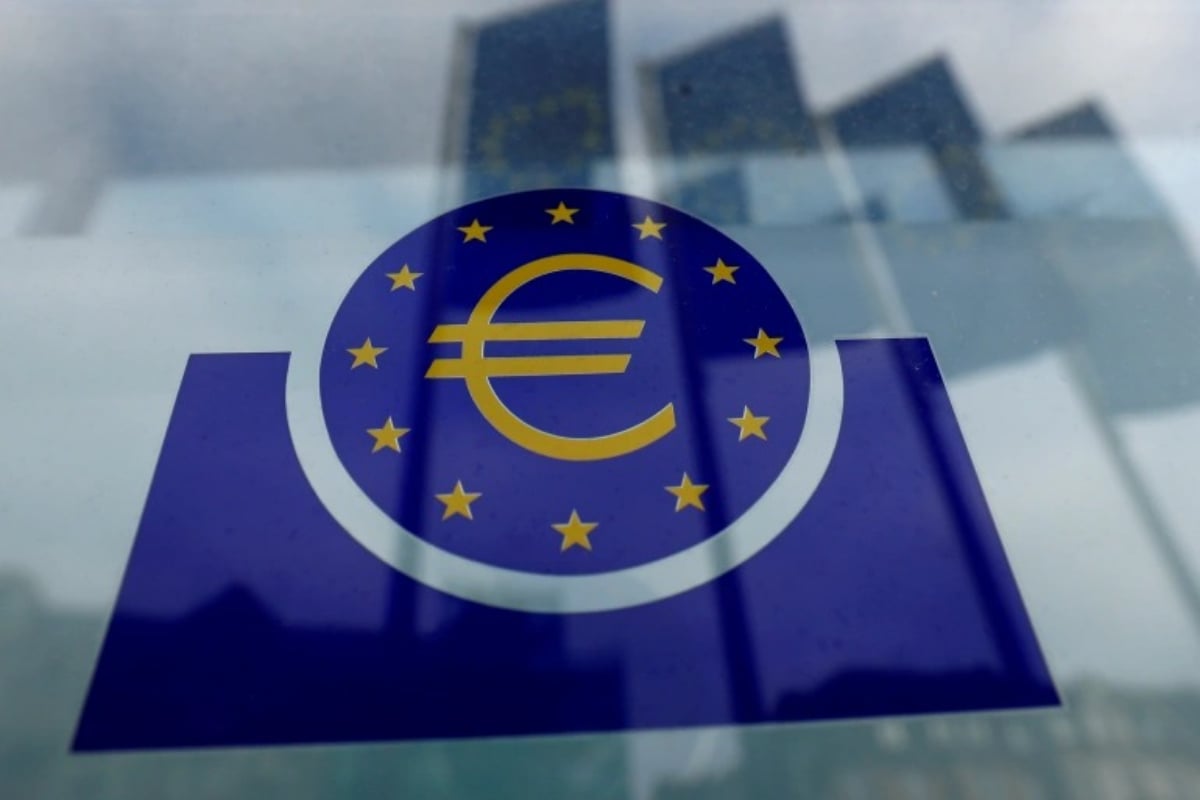European Central Bank announce emergency session to address market meltdown
The European Central Bank has scheduled an unscheduled monetary policy meeting for...

European Central Bank increases interest rates for the first time in eleven years.
The European Central Bank stated on Thursday that it would raise its benchmark interest rate by a half percentage point in a daring effort to rein in inflation.
That brings Europe’s primary rate back to zero and is the first rate increase by the ECB since 2011. Since 2014, rates in the area have been declining.
The decision, which becomes effective on July 27, comes as Europe struggles with record-high inflation that is fueled by rising oil prices. In June, annual inflation in the European Union spiked to 9.6%. For the 19 nations that utilize the euro, it was 8.6 percent.
The central bank had earlier said it would raise rates by a lesser margin, but after conducting an “updated assessment of inflation risk,” it determined it needed to be more proactive.
At a news conference, ECB President Christine Lagarde stated that inflation “remains unacceptably high and is projected to remain over our objective for some time.”
To keep its options open, the central bank chose not to commit to a certain trajectory for future rate increases.
Lagarde declared, “Going forward, we will base our monetary policy choices on a data-dependent basis. “We shall proceed step-by-step and month-by-month. The information we have for September will determine what occurs in September.”
The ECB also introduced a new bond-buying instrument designed to keep borrowing costs under control in heavily indebted eurozone nations like Italy and Greece. The goal of the central bank is to keep the single-currency area cohesive.
According to the central bank, the so-called Transmission Protection Instrument “may be triggered to address unjustified, disorderly market developments that constitute a substantial threat to the transmission of monetary policy across the euro area.”
Providing that nations meet specific criteria for budgetary and economic soundness, the European Central Bank is prepared to use the instrument, Lagarde underscored.
I can guarantee you that we would prefer not to employ TPI. But we won’t think twice if we have to use it.
A web of dangers
Investors’ response to the announcement was muted. Following the statement, the euro, which just reached parity with the US dollar for the first time in 20 years, increased slightly to roughly $1.02. The Stoxx 600 index of European stocks finished unchanged as a result of the lack of direction.
Since European businesses must pay more for imports, notably energy, the currency’s weakness is making the inflation issue worse.
While stepping up measures to halt the sharp rise in prices, the ECB faces an uphill battle. Even while the pandemic-era savings, the summer tourist season, and a strong labor market continue to support Europe’s economy, growth is decreasing.
A recession is not yet anticipated by the central bank. It started in June that it anticipates output to increase by 2.1 percent in 2023 and by 2.8 percent this year.
The horizon is “clouded,” but according to the “baseline assumption,” there won’t be a recession either this year or in the near future, Lagarde said on Thursday.
The ECB’s power to raise interest rates, which assist battle inflation but potentially slow the economy, could be limited by recession fears.
Already, the ECB is running well behind its competitors. The Fed has been on a rate-hiking binge since March, raising its benchmark rate in significant chunks over the past few months to combat runaway inflation after dropping rates to zero at the start of the Depression. The only institution that hasn’t changed is the Bank of Japan, which on Thursday kept up its ultra-easy policies.
It also needs to contend with considerable energy supply unpredictability, which makes predicting future inflation challenging.
On Thursday, Russia’s Gazprom began gas exports via the vital Nord Stream 1 pipeline, allaying concerns that it wouldn’t reopen following a period of planned maintenance. However, it isn’t running at full capacity, and there is still concern that Russia may one day cut off gas in revenge for Western sanctions.
In addition, the political crisis gripping the third-largest economy in Europe is causing trembling on the nation’s financial markets. Mario Draghi, the popular Italian prime minister and favorite of investors, offered his resignation to the president on Thursday after losing the backing of a number of significant parties in his coalition government. Elections could be held sooner as a result.
Catch all the Business News, Breaking News Event and Latest News Updates on The BOL News
Download The BOL News App to get the Daily News Update & Live News.